Is Palau Safe? 5 Essential Travel Tips for Visitors
From crime and local laws to natural hazards and more, here's everything you need to stay safe on your trip to Palau.
Shares
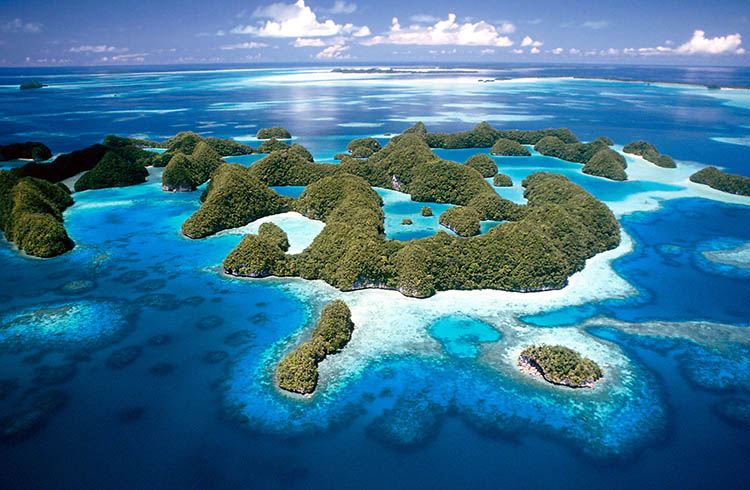 Photo © Getty Images / Olivier Blaise
Photo © Getty Images / Olivier Blaise
Palau is a very safe place to travel. Crime rates are low, but exercise common sense while traveling around the country by keeping your valuables locked up or safe and secure on you at all times.
There are a few things to keep in mind about natural hazards, local laws and curfews. These are the things you should know before you go to Palau.
- Natural dangers in Palau
- WWII hazards in Palau
- Jellyfish lake safety
- Crime and curfews in Palau
- Local laws in Palau
1. Sunburn and water hazards
Travelers to Palau are most likely to spend the majority of time in the water. The diving and snorkeling is incredible.
But be aware that, even though you're underwater, the sun is brutal and you should wear t-shirts or some sort of body cover. Sunscreen is not only a pollutant to this natural environment, it will also become ineffective after an hour or so.
The scuba-diving areas of Palau feature more than 60 vertical drop-offs, and some are for experienced divers only. Ask your scuba operator where you'll be diving, and make sure you have the right certification and level of skill for the dive.
There are saltwater crocodiles in parts of Palau, and no warning signs to indicate their presence. Check with local authorities before considering water activities in mangrove areas.
Bull sharks are also common, although they seem content enough with the abundance of fish life and tend to leave divers alone.
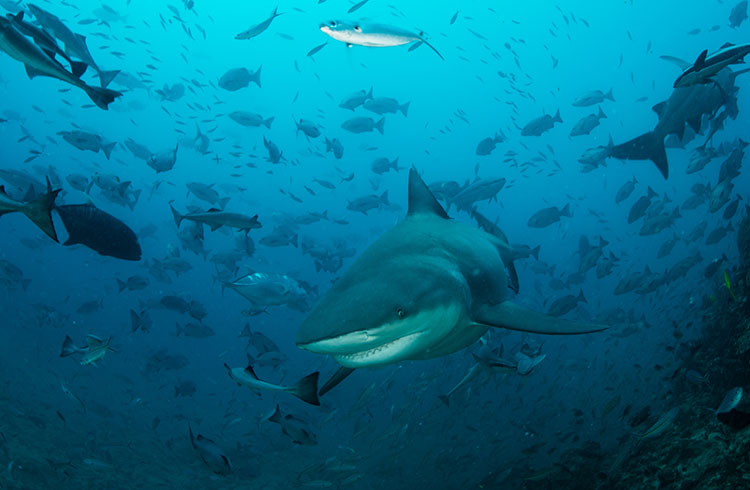
2. WWII hazards in Palau
There is still a significant amount of unexploded ordnance in Palau left over from World War II, particularly in Peleliu and Angaur.
Casualties as a result of this are rare, but you should still exercise caution, particularly when diving or exploring caves.
The road network quickly deteriorates in wet weather. A 4x4 is required to travel across much of the country.
Palau is vulnerable to natural disasters, such as hurricanes, cyclones, and floods. Pay attention to weather forecasts and local news reports, and be sure to follow any official warnings in the event a disaster happens.
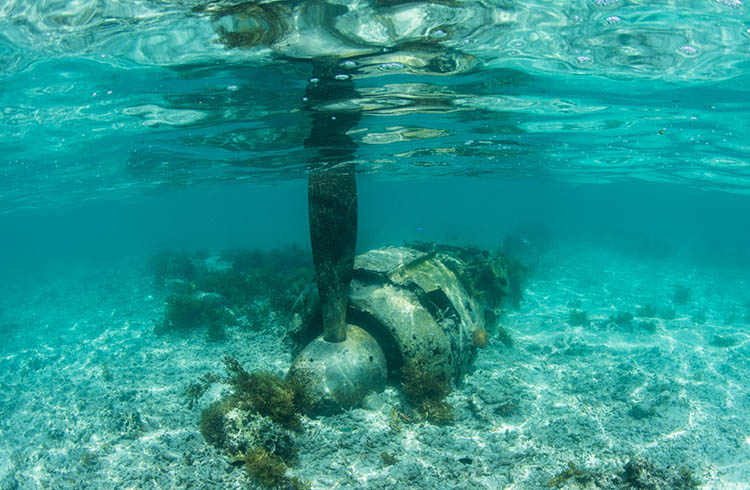
3. Jellyfish lake safety
A major attraction on Palau are the famous "Jellyfish" Lakes. There are several, but the only one you are allowed to swim in is Ongeim’l Tketau on Eil Malk Island. The Palau government reopened this lake to the public in December 2018 after closing it for two years to allow the jellyfish population to recover. The small, golden jellyfish are harmless. Snorkeling only – scuba diving is not allowed.
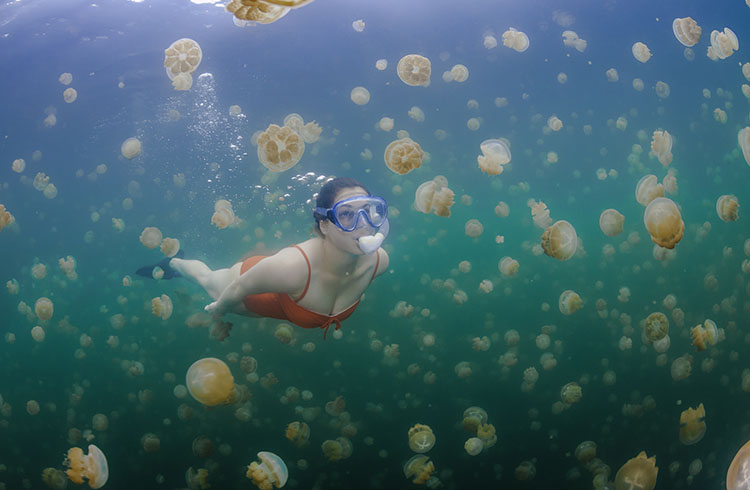
4. Crime and curfews in Palau
Koror State, where most tourist facilities are located, enforces a curfew between 2:30am and 5:00am, Monday through Thursday, and between 4:00am and 6:00am Friday to Sunday and on national holidays. Maybe this is connected, but the crime rate is very low.
5. Local laws in Palau
The legal drinking age in Palau is 21 years. It is illegal to drink alcohol in public (apart from licensed premises).
It is illegal to disturb or take historical items (including from sunken vessels).
Homosexuality is illegal, so use discretion.
Listen to The World Nomads Podcast: Palau
Related articles
Simple and flexible travel insurance
You can buy at home or while traveling, and claim online from anywhere in the world. With 150+ adventure activities covered and 24/7 emergency assistance.
Get a quote
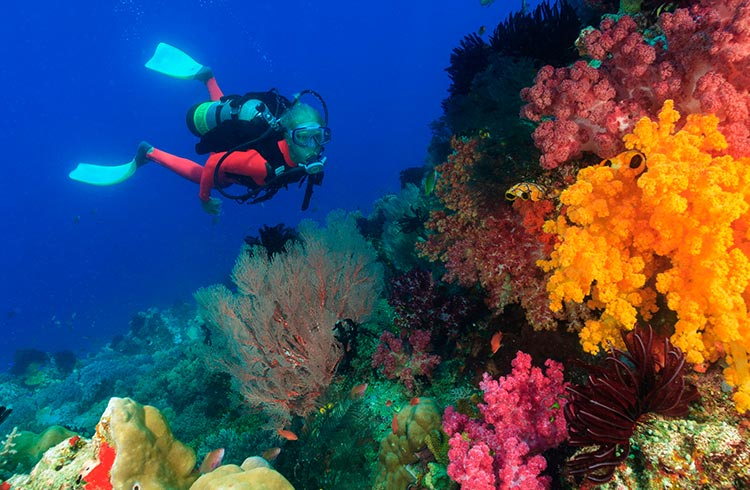
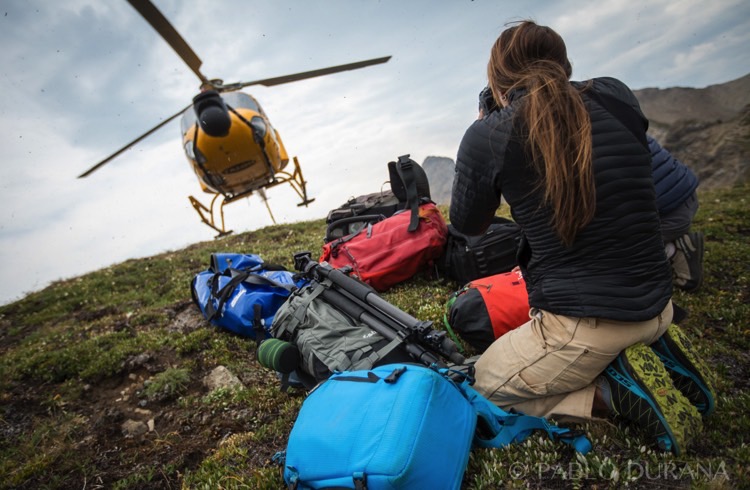
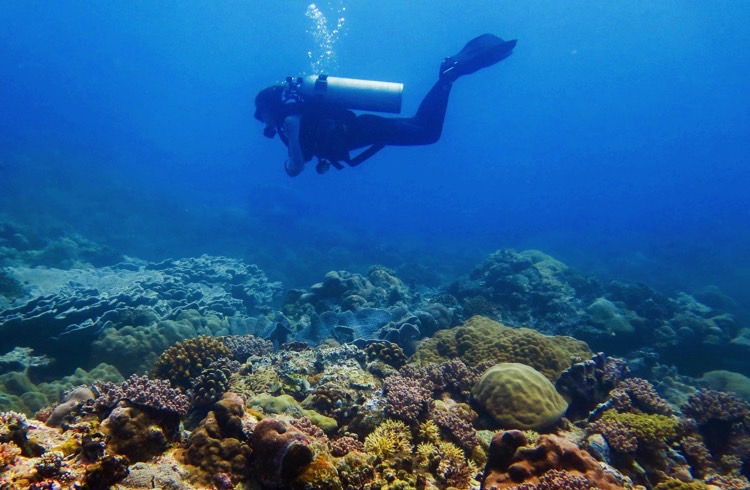
4 Comments
Are you seriously advising people not to wear sunscreen?! Skin cancer here we come!
Homosexuality is not illegal in Palau.
@Sandra - they were suggesting wearing some sort of body cover that you see a lot of beach goers wearing nowadays in lieu of environmentally damaging sunscreens particularly near reefs.
There is reef friendly sunscreen available as well as clothes